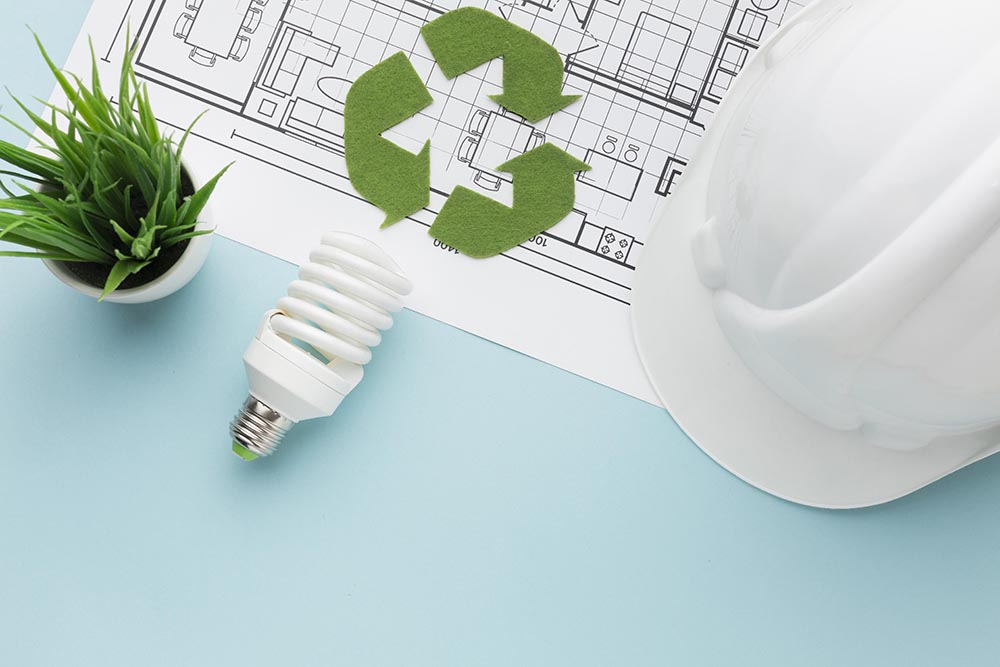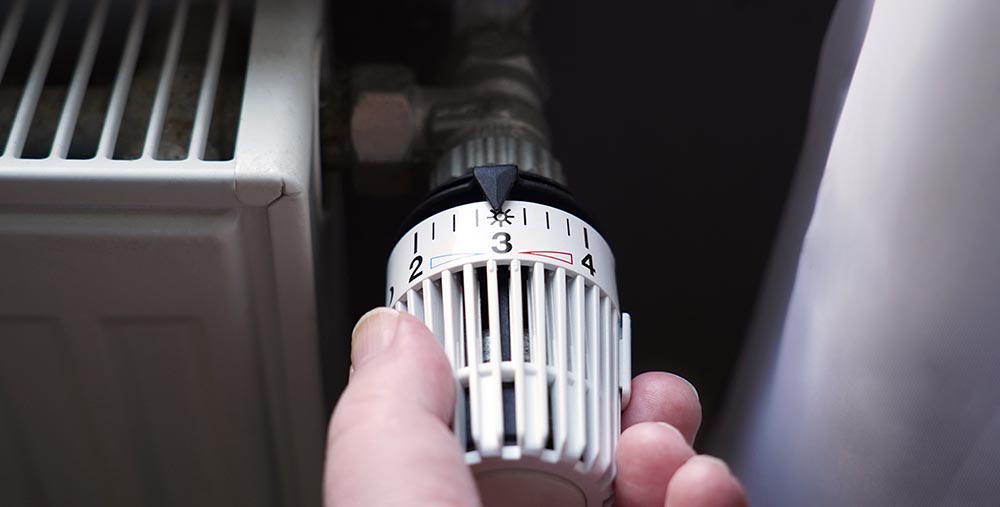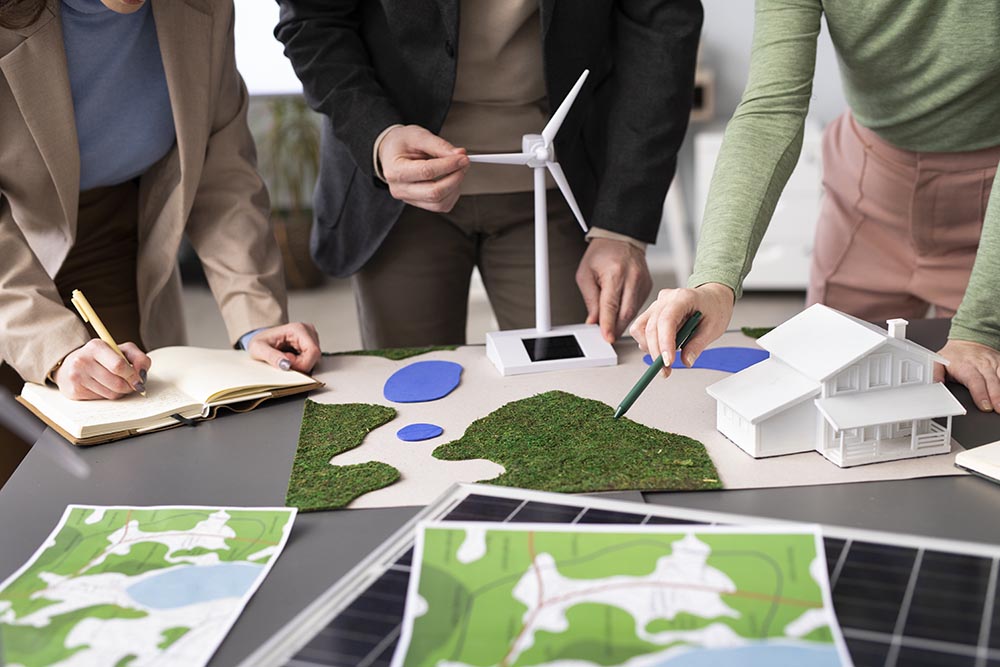As more of the impact of energy use on the environment becomes increasingly brought to the public’s awareness, it is up to each of us to try and reduce our carbon footprint, save energy and act more environmentally conscious.
There are so many big and little steps you can take each day from changing what you eat, to how you travel, to thinking about how you can try and reduce your own energy use. Here we will take a look at a few of the best ways to save energy, and why exactly it is important to do so today.

What is the importance of saving energy?
There are a number of reasons why saving energy is important, not least because energy bills are skyrocketing and saving energy will also save you money. In some instances, you may have to pay out money in the short term, such as by insulating your roof or installing solar panels, in order to save much more money in the future.
By reducing the demand for energy, we can ensure that fewer fossil fuels are burned and we have more time to perfect the energy alternatives that don’t have a negative impact on the environment. If we don’t all take steps to reduce our energy consumption now, many of the things that we take for granted in our lives may not be able to run in a few years, and the results are too horrifying to think about.
More and more countries are making commitments towards greener policies including the adoption of renewable forms of energy, but for a lot of places, this is still a decade or more away. In the meantime, saving energy could well be the only workable solution to see us through to a greener future.

How does energy affect the environment?
There are numerous ways that energy impacts the environment, from its production and use to its side effects that may be unintended but seem to be nearly unavoidable. Fossil Fuels still account for 80% of the world’s energy, and two-thirds of its CO2 emissions.
The build-up of CO2 as well as other greenhouse gases has led to global warming, and this has already had a dramatic impact on the planet and its climate. Ice caps are melting, weather is increasingly unpredictable, and this will all just be the beginning if we don’t make some serious changes.
On top of all this are the ‘accidents’ and unfortunate consequences that go along with energy production, such as oil tanker spills, pollution in your food, water and air, and radioactive waste. Acid rain is on the rise, 4.5 million people die each year from burning fossil fuels and even more die from exposure to metal particles that are created during the process.
We can all agree that none of this sounds particularly good, and these problems won’t go away overnight. There are steps you can take as an individual, however, to do your part to reduce our energy demands and reduce the need to keep on supplying it at such high levels.

Here are some energy-saving tips
There are so many ways that you can save energy in all aspects of your life, beginning at home. Some tips are a one-off change, while others are choices that you have to make each day for yourself, so have a look and see just how easy it is to start taking the right steps today:
Get your windows tinted
One of the best ways to save energy is to make changes to your home that reduce your need for electricity. One such step that more and more people are choosing to save on energy is through tinting your windows. The right kind of window tint can also keep out large amounts of heat (some films reduce heat up to 97%), saving you from having to crank up the air-conditioning. Your air-conditioner uses huge amounts of energy and can cost a fortune to run, so you can save the environment and save money at the same time by tinting your windows.
Further, tinted windows allow you greater privacy so you don’t have to keep your curtains and blinds closed. They allow natural light to pass through reducing your need for artificial light.

Draught-proof windows and doors
A great deal of energy can be spent warming your home only for that heat to be lost through gaps around your windows and doors. You can fix this yourself for a nominal amount or hire professionals to do it for you, and either way it should pay for itself in no time at all.

Be smart when using your appliances
A few moves like doing your washing at 30 degrees or not over-filling the kettle when you are making a hot drink and only using your dishwasher when it is full can make a surprising difference over time. Switching off standby can save a few pennies, and avoiding the tumble drier can save big bucks too so if you can make sure you put your washing out on the line instead.

Lighting
Switch to LED or energy-saving bulbs in your house and at work, and/or switch off the lights when you aren’t using them.

Turn down the thermostat
Whether you are in the office or the home you won’t need the same level of heating all year round, so make sure you turn it down, or even off if it is not needed. At work, you don’t need to heat a building overnight when there is no one there, and heating can be a huge energy user and turning it down is a great way to cut back.

Make the switch to green energy
Finally, we are seeing more alternatives to fossil fuels available on the market (e.g., solar panels), and with prices soaring for these damaging energy sources and falling for renewable energy, it is not only environmental to make the switch but economical as well.
Final thoughts
Implementing just a few of these top tips for energy saving can have a huge impact on your own carbon footprint, the environment and how much you spend on bills each month. Now more than ever energy bills are escalating out of control, so this is not merely an environmental issue but a humanitarian and economical one as well.
With more alternatives on the market and more information available about how you can make a difference, give our suggestions a go and see how much of a difference they truly can make in the short and longer term.






